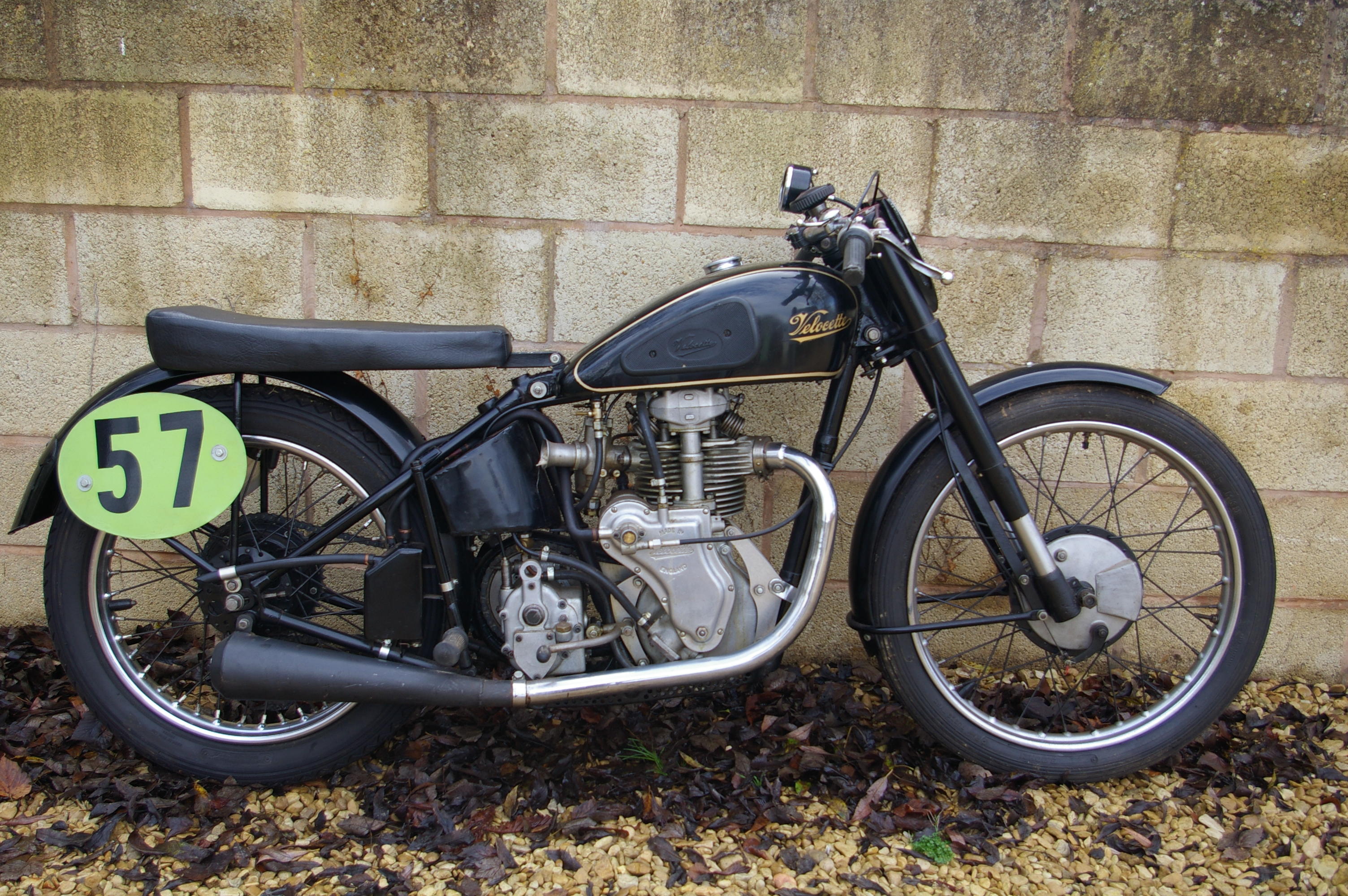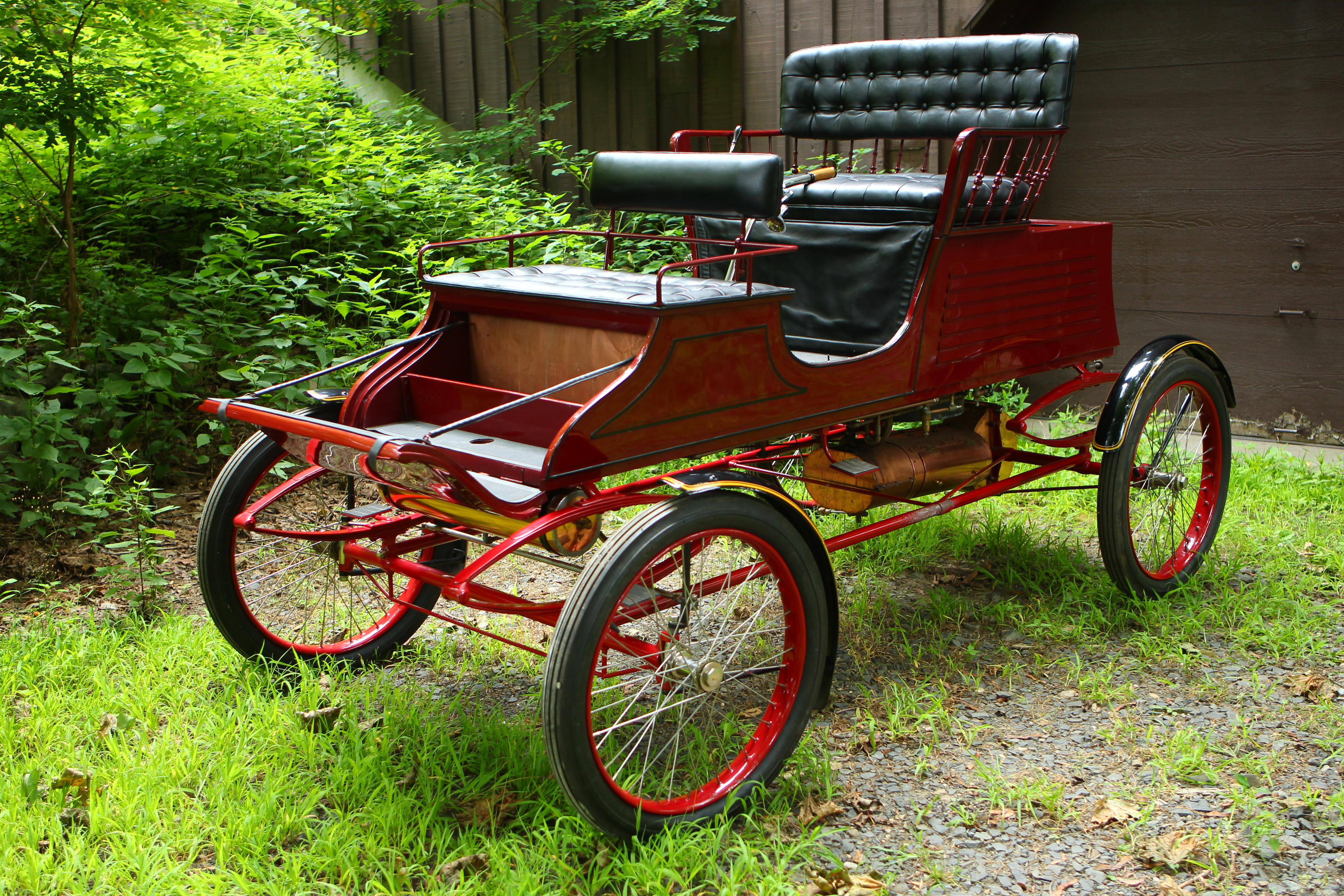'Although the little band on the Majuba Hill did not entrench themselves, the men managed to pile up slight sangars of stones, behind which they could lie, sometimes with their helmets appearing over the top; and the Boers fired with such accuracy that when the sangars were afterwards examined, the stones were white with bullet-marks.' The New Zealand Herald , 8 October 1881, refers. The Second Afghan War Medal awarded to Private D. Falconer, 92nd Highlanders, who, having been wounded by a gunshot to his shoulder at the battle of Kandahar on 1 September 1880, was killed in action at Majuba Hill on 27 February 1881 Afghanistan 1878-80, 3 clasps, Charasia, Kabul, Kandahar (B/27 Pte. D. Falconer, 92nd Highrs), two minor edge bruises, nearly extremely fine David Falconer is confirmed as having been wounded at the battle of Kandahar on 1 September 1880; The Second Afghan War 1878-1880 Casualty Roll , by Anthony Farrington, refers. The 92nd at the battle of Kandahar: they don't like it up 'em As recounted in Sydney Shadbolt's Afghan Campaigns of 1878-1880 , the 92nd Highlanders were hotly engaged at the Battle of Kandahar and stormed the enemy's final stronghold at the point of the bayonet: 'In the crowning defeat of the enemy at the battle of Kandahar on 1 September 1880, the day succeeding the arrival of the Division at the southern capital, the Regiment, as one of the two leading battalions in the right attack, played a conspicuous part, being engaged in the successive capture of the villages of Gandi Mullah Sahibdad, and Pir Paimal, and finally carrying at the point of the bayonet the entrenched position on which the enemy had taken up their last stand. The casualties on this day numbered 14 Non-Commissioned Officers and men killed, two officers and 70 Non-Commissioned Officers and men wounded. In the engagement Captain Menzies' life was saved by Privates Dennis and Roddick, who received the Distinguished Conduct Medal for their gallantry, as did also Lance-Corporal McIntosh, Corporal McGilevray, and Privates Gray and Grieve.' Then 92nd at Majuba Hill: 'Old soldiers who would not yield' Falconer was subsequently a member of one of three companies of the 92nd Highlanders engaged in the disastrous action at Majuba Hill during the First Anglo-Boer War on 27 February 1881: as verified on the regiment's roll for the Afghan Medal 1878-80, he was killed in action on the same date (Ref. E/86217/31). On that occasion, it was the 92nd who bore the brunt of the resultant casualties of 92 killed, 184 wounded and 59 taken prisoner, though precious few Jocks were among the prisoners: they chose to fight to the last, especially on 'Gordons' Knoll' on the right of Majuba's summit. Nonetheless, resultant recriminations included considerable criticism of the regiment, so much so that one newspaper correspondent chose to set the record straight: 'The following facts were taken from extracts written on the spot soon after the engagement: In the first place there were only 140 of the 92nd on the hill, out of 469 defenders. There were between 600 and 800 Boers in the encircling line of skirmishers when the position was forced; and General Schmidt, one of the Boer leaders, stated the exact calculations showed that 2100 rifles were brought to bear on the British when the stampede took place; while 3500 Boers were in all engaged. Of the 140 rank and file of the Gordon Highlanders, 136 were killed, wounded or taken prisoner; four only reached camp. The old soldiers, whose conduct has been criticised, and against whom sneers have been cast as being merely 'Afghan veterans,' stood firm and were slaughtered by the Boers who surrounded them when the final stand was made about the General. The whole of the 140 were not veterans in any sense of the word; there were young soldiers amongst them who had not been under fire. The panic which first arose is said to have been caused by a shout of "Ceasefire and retire," which was raised by someone unknown. Of the
'Although the little band on the Majuba Hill did not entrench themselves, the men managed to pile up slight sangars of stones, behind which they could lie, sometimes with their helmets appearing over the top; and the Boers fired with such accuracy that when the sangars were afterwards examined, the stones were white with bullet-marks.' The New Zealand Herald , 8 October 1881, refers. The Second Afghan War Medal awarded to Private D. Falconer, 92nd Highlanders, who, having been wounded by a gunshot to his shoulder at the battle of Kandahar on 1 September 1880, was killed in action at Majuba Hill on 27 February 1881 Afghanistan 1878-80, 3 clasps, Charasia, Kabul, Kandahar (B/27 Pte. D. Falconer, 92nd Highrs), two minor edge bruises, nearly extremely fine David Falconer is confirmed as having been wounded at the battle of Kandahar on 1 September 1880; The Second Afghan War 1878-1880 Casualty Roll , by Anthony Farrington, refers. The 92nd at the battle of Kandahar: they don't like it up 'em As recounted in Sydney Shadbolt's Afghan Campaigns of 1878-1880 , the 92nd Highlanders were hotly engaged at the Battle of Kandahar and stormed the enemy's final stronghold at the point of the bayonet: 'In the crowning defeat of the enemy at the battle of Kandahar on 1 September 1880, the day succeeding the arrival of the Division at the southern capital, the Regiment, as one of the two leading battalions in the right attack, played a conspicuous part, being engaged in the successive capture of the villages of Gandi Mullah Sahibdad, and Pir Paimal, and finally carrying at the point of the bayonet the entrenched position on which the enemy had taken up their last stand. The casualties on this day numbered 14 Non-Commissioned Officers and men killed, two officers and 70 Non-Commissioned Officers and men wounded. In the engagement Captain Menzies' life was saved by Privates Dennis and Roddick, who received the Distinguished Conduct Medal for their gallantry, as did also Lance-Corporal McIntosh, Corporal McGilevray, and Privates Gray and Grieve.' Then 92nd at Majuba Hill: 'Old soldiers who would not yield' Falconer was subsequently a member of one of three companies of the 92nd Highlanders engaged in the disastrous action at Majuba Hill during the First Anglo-Boer War on 27 February 1881: as verified on the regiment's roll for the Afghan Medal 1878-80, he was killed in action on the same date (Ref. E/86217/31). On that occasion, it was the 92nd who bore the brunt of the resultant casualties of 92 killed, 184 wounded and 59 taken prisoner, though precious few Jocks were among the prisoners: they chose to fight to the last, especially on 'Gordons' Knoll' on the right of Majuba's summit. Nonetheless, resultant recriminations included considerable criticism of the regiment, so much so that one newspaper correspondent chose to set the record straight: 'The following facts were taken from extracts written on the spot soon after the engagement: In the first place there were only 140 of the 92nd on the hill, out of 469 defenders. There were between 600 and 800 Boers in the encircling line of skirmishers when the position was forced; and General Schmidt, one of the Boer leaders, stated the exact calculations showed that 2100 rifles were brought to bear on the British when the stampede took place; while 3500 Boers were in all engaged. Of the 140 rank and file of the Gordon Highlanders, 136 were killed, wounded or taken prisoner; four only reached camp. The old soldiers, whose conduct has been criticised, and against whom sneers have been cast as being merely 'Afghan veterans,' stood firm and were slaughtered by the Boers who surrounded them when the final stand was made about the General. The whole of the 140 were not veterans in any sense of the word; there were young soldiers amongst them who had not been under fire. The panic which first arose is said to have been caused by a shout of "Ceasefire and retire," which was raised by someone unknown. Of the

.jpg)
.jpg)



.jpg)








Try LotSearch and its premium features for 7 days - without any costs!
Be notified automatically about new items in upcoming auctions.
Create an alert